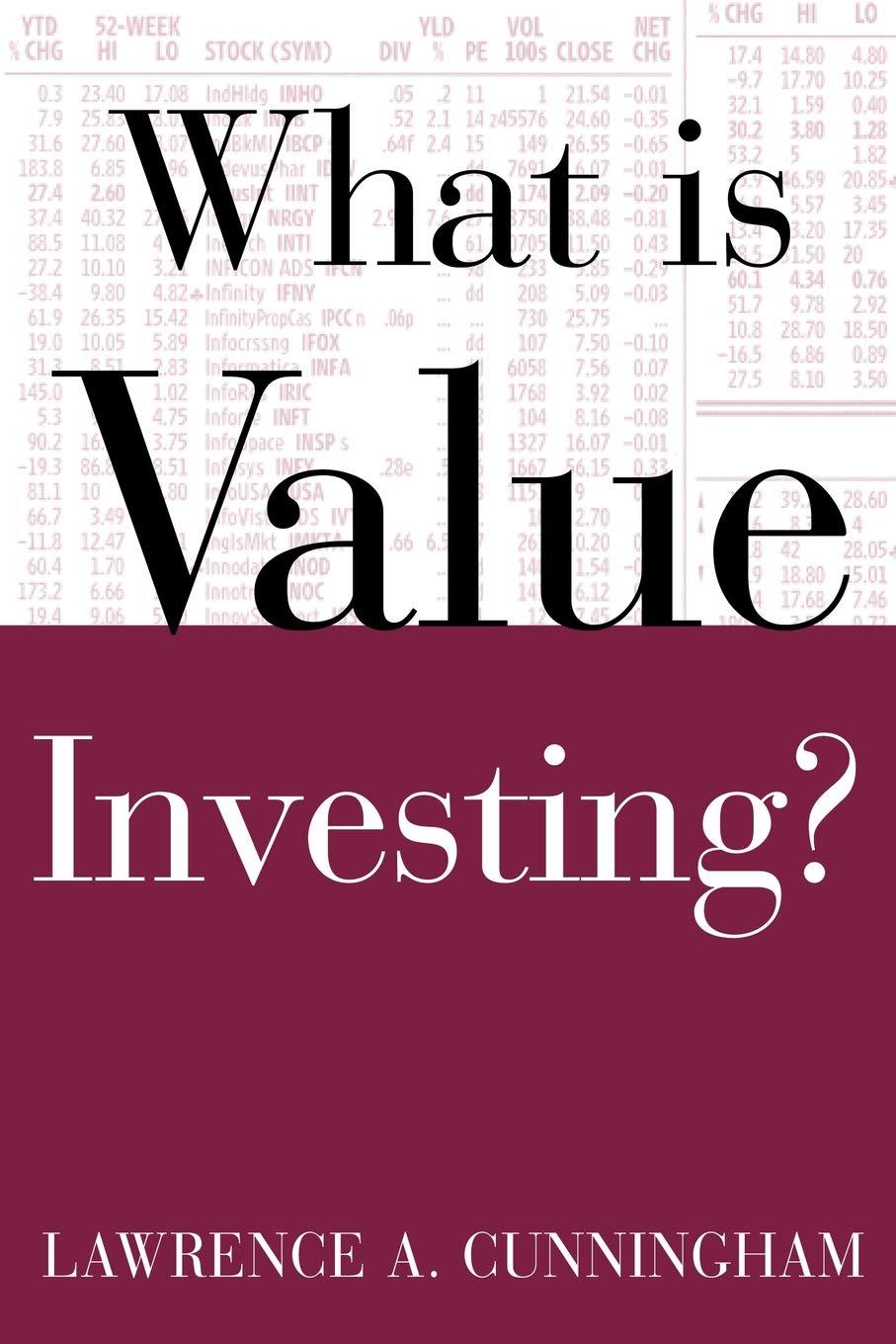Question
Which of the following is true of mortgage-backed securities? They have infinite duration due to the amortization features of the underlying home loans. They are
-
Which of the following is true of mortgage-backed securities?
They have infinite duration due to the amortization features of the underlying home loans.
They are not exposed to interest rate risk because their coupons are based on home mortgage payments.
Their convexity properties are the same as a standard, non-callable corporate bond.
They can have regions of both positive and negative convexity.
1 and 2
2 and 3
2)
Your best friend has just put his life savings into a portfolio of long-term bonds. He calls you late one night saying he is really scared that interest rates might fall tomorrow, and so the yields on his bonds will go down. Is his fear justified? Why or why not?
Your boss decides that interest rates are going to change tomorrow, and change BIG. That is to say, interest rate risk is now your primary concern. In a rush, he tosses you the details of 4 different bond issues:
Bond 1: 5-year coupon bond that has an amortization feature where the buyer receives 20% of the principal amount each year in addition to semi-annual coupon payments of 5% Bond 2: Non-amortizing, zero-coupon bond with a 20-year maturity Bond 3: Non-amortizing, 5 year coupon bond with 5% coupons Bond 4: Zero-coupon bond with a 5-year, 20% amortization
3) Rank these bonds according to how much interest rate risk they have, from most to least.
Bond 1: 5-year coupon bond that has an amortization feature where the buyer receives 20% of the principal amount each year in addition to semi-annual coupon payments of 5%
Bond 2: Non-amortizing, zero-coupon bond with a 20-year maturity
Bond 3: Non-amortizing, 5 year coupon bond with 5% coupon.
Bond 4: Zero-coupon bond with a 5-year, 20% amortization
4)
Using the same information as in parts 1 and 2, and the calculated share price from part 2:
You are offered the chance to buy shares in Balthrop Co. for $11.75 per share. Should you purchase shares? Would your answer change if you felt Balthrop Co. would have a 10% cost of capital? Why/why not?
5)
A 12-month European call option on a non dividend-paying stock is currently selling for $14 and a 12-month European put option on the same stock is currently selling for $3. The strike price of both options is $60. If the stock price is $63, and the risk-free rate is 7%, is there any arbitrage opportunity? If so, how can you take advantage of it?
6)
Balthrop Co. is a new education consulting firm that just paid its annual dividend of $1.00 yesterday. Analysts believe that due to a special one-time boost in revenue, the following years dividend (t=1) will be $3.50. Dividends will decline at a 30% rate for 2 years, after which point they will grow at a steady rate of 3% forever. Similar firms in the industry have a 20% cost of capital associated with them.
What is the per-share value of the stock, rounded to the nearest penny?
Step by Step Solution
There are 3 Steps involved in it
Step: 1

Get Instant Access to Expert-Tailored Solutions
See step-by-step solutions with expert insights and AI powered tools for academic success
Step: 2

Step: 3

Ace Your Homework with AI
Get the answers you need in no time with our AI-driven, step-by-step assistance
Get Started


